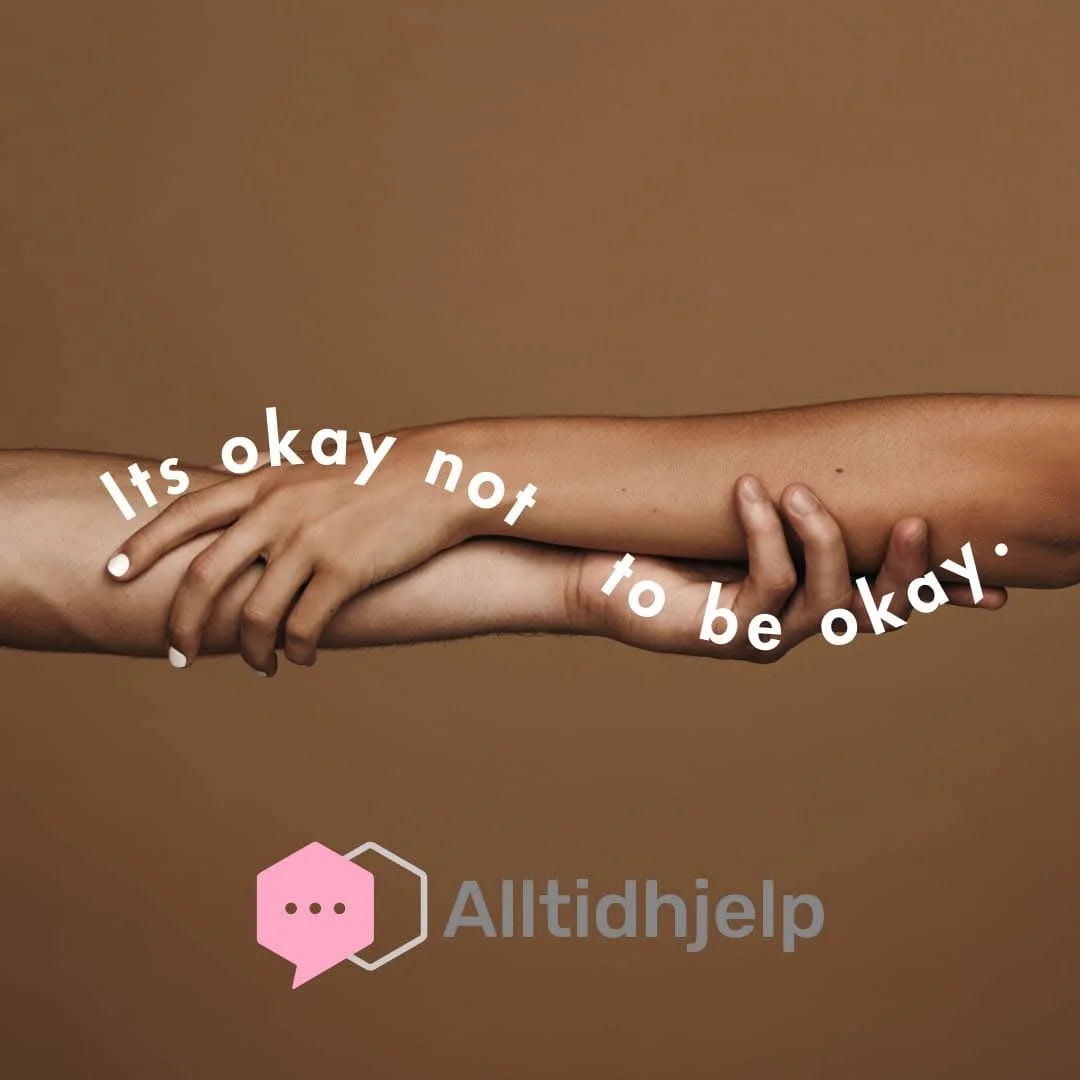Climate Adaptation in Mozambique: An Investment in Children's Future
Who: Redd Barna / Save the Children Norway
What: Building climate resilience by linking climate adaptation and social protection
Where: Mozambique
Project period: 2024-2029
About the project:
The climate crisis is a child rights crisis, happening now. Children are the most vulnerable to climate
change, losing access to education and vital health and welfare services when it occurs. There is little,
if any focus, on children’s rights in climate adaptions programmes today. As such, there is a greater
need for climate adaptation where children's rights are safeguarded. Save the Children is in a position
to do something about this, with eleven large scale climate adaptation projects planned to be
implemented over the coming years. One of them is in Mozambique.
Mozambique is the 5th most vulnerable country in the world to climate change, due to its reliance on
climate-sensitive agriculture and the frequent occurrence of extreme weather events. The country
faces significant challenges, such as rising temperatures, changing rainfall patterns, prolonged
droughts, and more intense and frequent cyclones and floods. These challenges severely affect food
security, water resources, and livelihoods, especially for the rural population.
To tackle these issues, this groundbreaking project integrates social protection with climate
adaptation to target and deliver support to vulnerable communities. Key activities focus on
strengthening institutional and community capacity for climate resilience, implementing locally-led
adaptation actions, and mainstreaming climate change adaptation into district development planning
and budgeting.
Statistically speaking, women, children, the elderly and people with disabilities are the most
vulnerable to climate change. Drought has a compounding effect on these structural inequalities, and
– as stakeholder consultations show; pushes families in the target areas towards negative coping
strategies, such as early marriage and polygyny. This has a cascading negative effect on all aspects of
human development: education, as it often leads to dropping out of school; health, as early marriage
leads to early pregnancy; and reduced access to socio-economic opportunities and economic
independence.
The project will have a strong focus on gender and will work to empower women and girls to have a
voice and be equal actors in decision-making related to climate change and sustainability.
Goal:
The expected outputs resulting from this project include enhanced knowledge and awareness among
local stakeholders, updated local adaptation plans, integrated climate-resilient responses into social
protection programmes, and improved dialogue, coordination, and monitoring of adaptation actions.
It is the first-ever climate adaption project focused on social protection. Together with the
Government of Mozambique, and with partners like the Grieg Foundation, Save the Children aims to
reach almost one million people.
The project offers multiple benefits for rural populations, including improved food and nutrition
security, local job creation, and empowerment for women and youth.
Related projects
PROJECTS FROM OUR FIVE PRIORITY AREAS
All · Children & youth · Music & culture · Health & research · Climate action · Social impact investment







